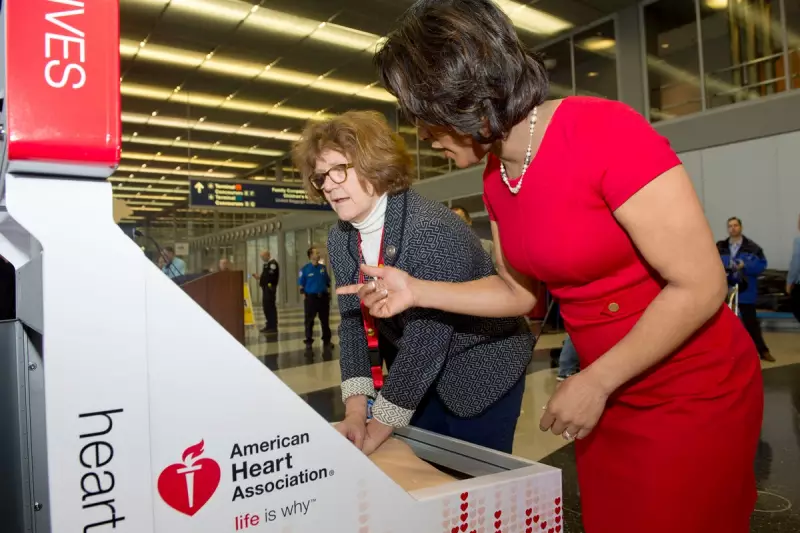
When we imagine a heart attack, most of us picture someone clutching their chest in dramatic pain. However, medical experts are warning that this classic Hollywood depiction is dangerously misleading, and could be putting thousands of Britons at risk every year.
The Silent Danger: Symptoms You Might Miss
According to cardiac specialists, many heart attacks present with subtle, easily-dismissed symptoms that bear little resemblance to the dramatic chest-clutching we see on screen. These "silent" heart attacks can be just as deadly as their more obvious counterparts, yet often go unrecognised until it's too late.
Common But Overlooked Warning Signs
- Unexplained fatigue that feels different from normal tiredness
- Shortness of breath during routine activities
- Discomfort in arms, back, neck or jaw without chest pain
- Nausea, indigestion or abdominal pain
- Breaking out in a cold sweat without obvious cause
- Lightheadedness or dizziness that comes on suddenly
The Gender Divide: Why Women Are at Greater Risk
Medical research reveals a concerning disparity in how heart attacks present between men and women. While men typically experience the classic crushing chest pain, women are more likely to suffer from these less obvious symptoms.
"Women often describe their heart attack experience as feeling like severe indigestion or extreme fatigue rather than dramatic chest pain," explains a leading NHS cardiologist. "This misunderstanding leads to dangerous delays in seeking treatment."
Female-Specific Symptoms to Watch For
- Unusual levels of exhaustion that last for days
- Sleep disturbances without clear cause
- Anxiety or feeling of impending doom
- Pain that radiates to the back rather than the left arm
Why Immediate Action is Crucial
Every minute counts during a heart attack. The longer treatment is delayed, the more heart muscle dies. NHS guidelines emphasise that if you experience any combination of these symptoms for more than 15 minutes, you should call 999 immediately.
Remember: It's always better to be checked and find it's a false alarm than to ignore symptoms and risk permanent heart damage or death.
Protecting Your Heart Health
While recognising symptoms is vital, prevention remains the best strategy. Regular exercise, a balanced diet, managing stress, and routine health check-ups can significantly reduce your risk. The NHS offers free health checks for adults aged 40-74 to assess heart disease risk factors.
Knowing these subtle warning signs could make the difference between life and death for you or someone you love. Don't wait for Hollywood-style symptoms – your heart might be sending quieter signals that demand immediate attention.





